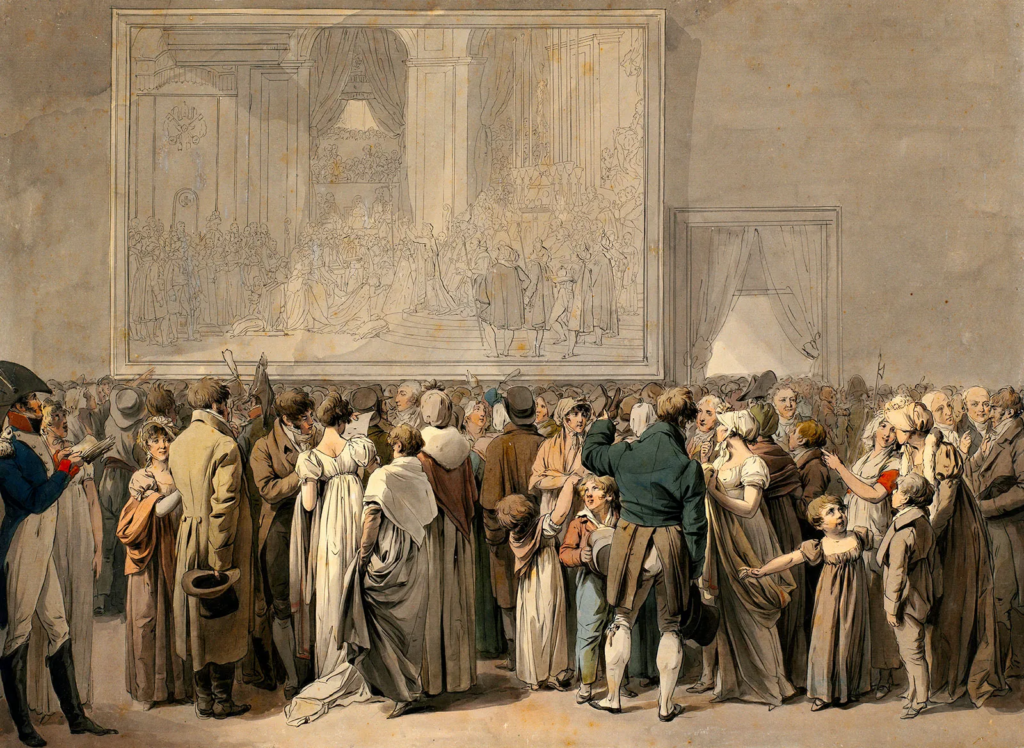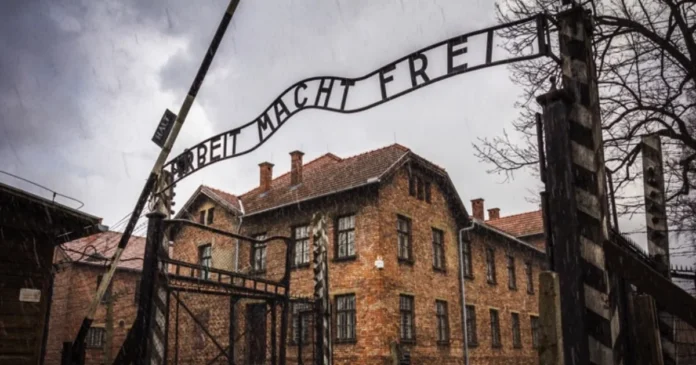
Hey there! Have you heard about dark tourism? It’s this cool trend where people travel to places that are connected to sad or scary events from the past. It’s like a blend of travel and history, but with a bit of a spooky twist.
So, why is dark tourism becoming popular? Well, for starters, people are getting really into travel and history these days. They want to visit new places and learn about the past, and dark tourism gives them a way to do both. It’s like a unique and thought-provoking experience that challenges your perspective and makes you think about the world in a new way.
And let’s not forget the internet and social media. They’ve made it easy for people to find out about dark tourism destinations. Websites, blogs, and influencers are sharing stories and pictures that make these places seem super interesting and mysterious. It’s like they’re saying, “Hey, come check out this place where something terrible happened. It’s worth it.”
Also, people’s attitudes towards death and mortality have changed a bit. They’re more open about talking about these things and want to face their fears. Dark tourism gives them a controlled and safe space to explore their mortality and think about how fragile life is.
But it’s not all about thrills and chills. Dark tourism can also be a great way to learn about history and the world around us. By visiting places associated with tragic events, people can understand the causes and consequences of conflict, oppression, and human suffering. It can help them develop empathy for others and gain a deeper understanding of the world.
History of Dark Tourism

Dark tourism has a long history that extends back to the classical period of the ancient Greeks and Romans. During the 18th century, it was very fashionable among the wealthy elite from Europe to take so-called “grand tours” across Europe, which normally involved trips to sites of great historical importance, such as battlefields and ruins.
In this century, dark tourism has become more accessible to the general public mainly due to the general uprising in mass tourism and the true crime genre and horror movies.
As of the contemporary period, dark tourism assumed a global dimension. millions of people per annum visit sites relating to death and disaster. Amongst the top places for dark tourism include:
- The Auschwitz-Birkenau Memorial and Museum in Poland
- Chernobyl Exclusion Zone in Ukraine
- Hiroshima Peace Memorial Park in Japan
- 9/11 Memorial and Museum, New York City.
Why People Visit Dark Tourism Sites?

Dark tourism means visiting places or sites connected with death, suffering, or inhumanity. This has grown in popularity recently. Though many people might find the idea of dark tourism rather disturbing or even disrespectful, there are many reasons why individuals choose this form of travel.
Some of the very basic reasons that attract visitors to dark tourism locations are out of interest in the macabre or the bizarre. Other individuals have an interest in the darker aspects of history and culture, such as those places with death and tragedy. These places often give views of the darker aspect of human nature, enabling visitors to experience themes like death, suffering, and survival.
Another reason that people visit dark tourism sites is to learn about history and culture. A lot of dark tourism locations are places where momentous historical events occurred, such as battlefields, concentration camps, or prisons. Visiting these locations may allow for gaining more profound knowledge about the past and events that shaped our world. Indeed, even dark tourism offers a means of insight into the cultures and societies that have battled death and trauma, providing an awareness of how the different societies have confronted and commemorated their darkest chapters.
It is in such dark tourism destinations that others find catharsis. The prospect of confronting death and loss in some controlled environment might be instrumental in being at peace with one’s mortality or the loss of a loved one. Dark tourism provides an opportunity for reflection, introspection, and healing by allowing the processing of difficult emotions and the attainment of closure.
Furthermore, dark tourism might increase awareness about some of the important social and political issues. Visiting places related to human rights abuses, war crimes, or natural disasters, an individual will learn about the dimensions of the effects of intolerance, conflict, and environmental destruction. In this respect, dark tourism can become an instrument of education and advocacy, affecting visitors to consider the past for building a more just and peaceful future.
It is an understanding of dark tourism that should be dealt with respectfully and sensitively. People must learn to be considerate of the impact that a tourist may have on the community, especially in instances where the site remains identified with unresolved grief or trauma. Responsible dark tourism includes learning about history and the place’s significance, respect for memories of those who suffered, and supporting the locality toward preserving and memorializing places.
Criticisms of Dark Tourism

Dark tourism has, in a lot of ways, been seen to be controversial, basing its travels on sites related to death, disaster, and tragedy. In terms of its nature, the practice is regarded as exploitative and disrespectful. The general standpoint about dark tourism is that it is unethical to gain from human suffering. Such tours are argued to symbolize human misery and sensationalism but are rarely conducted for educational or historical purposes. More importantly, critics take a jab at dark tourism for being able to desensitize visitors towards tragedy, thereby making mourning and being able to understand victims harder to achieve.
Some say that dark tourism has a way of taking respect away from the dead and their families. They note that many of the sites in which tragedies happened are still sites of mourning and bereavement; it would be inappropriate to begin marketing and commercializing them as tourist locations. Others worry that dark tourism will trivialize tragedy and make it more difficult for people to understand the magnitude of the impact of, say, wars, genocides, or any other such disasters. Dark tourism, for most of them, comes with a cleaned-up account of its history, failing to scratch at the complex social and political issues responsible for the catastrophe.
The supporters of dark tourism counter this by saying that it many times proves to be of immense educational value. According to them, it can provide people with a comprehension of the past taking lessons from past mistakes. Some other arguments brought forward by the proponents are dark tourism capabilities producing reconciliation and healing. People visit the tragic sites, show respect towards the victim, and learn what series of events cost their lives. They seek peace, tolerance, and understanding.
You might also like: Glamorous Paris Olympics 2024: A Gala of Sport, Togetherness, and Sustainability
One should, after all, be personal when deciding whether to undertake or not undertake dark tourism. Following are some valid arguments from either side of the question. What needs, however, is to consider consciousness over the potential ethical issues on which dark tourism may tread—one has to be aware of those before arriving at a decision. To read more such interesting stories, follow our Newscast page.


